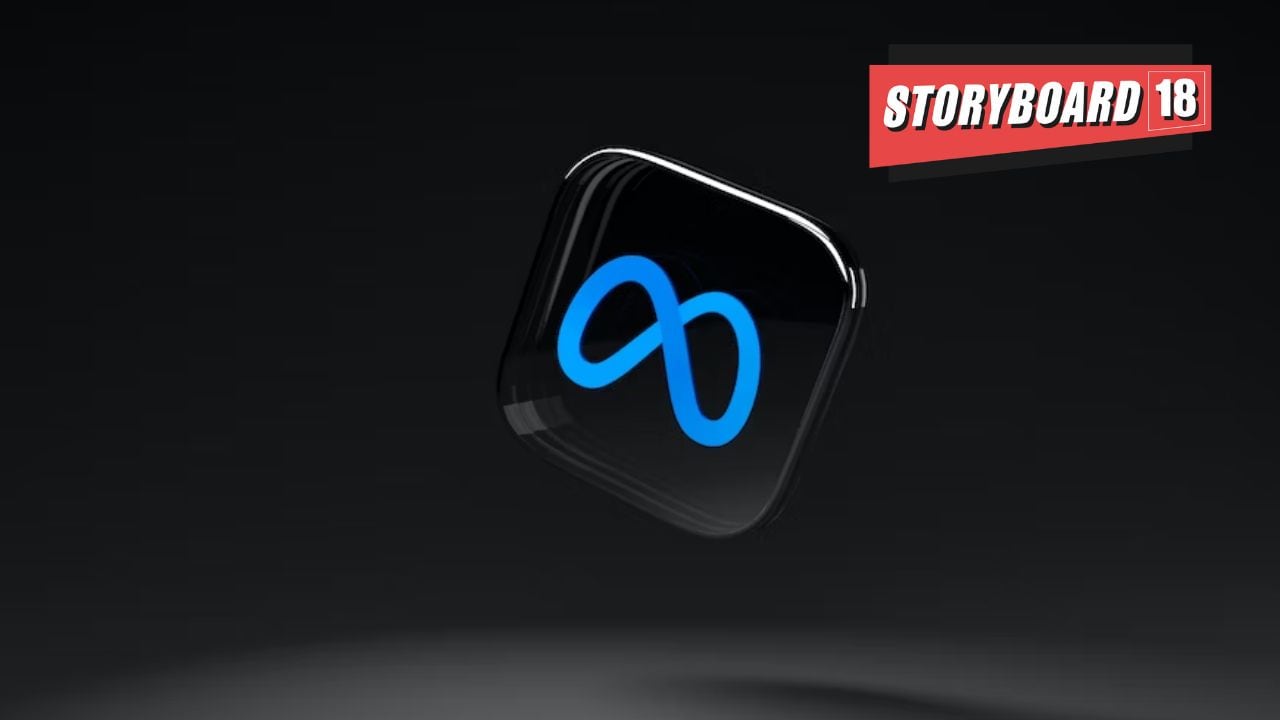In early April 2024, Meta said it will deprecate Facebook News, a dedicated tab in the bookmarks section on Facebook that spotlights news, in the US and Australia. This follows the company’s shutting down of Facebook News in the UK, France and Germany last year.
Meta said the decision to wind down the news tab is part of an ongoing effort to better align its investments to its products and services people value the most.
Meta stated that the changes affecting the Facebook News feature will not otherwise impact Meta’s products and services in these countries.
“People will still be able to view links to news articles on Facebook. News publishers will continue to have access to their Facebook accounts and Pages, where they can post links to their stories and direct people to their websites, in the same way any other individual or organization can. News organizations can also still leverage products like Reels and our ads system to reach broader audiences and drive people to their website, where they keep 100 percent of the revenue derived from outbound links on Facebook,” Meta clarified.
It also stated that while it is deprecating Facebook News in these countries, this announcement does not impact the terms under its existing Facebook News agreements with publishers in Australia, France and Germany. These deals have already expired in the US and the UK.
However, Meta said it will not enter into new commercial deals for traditional news content in these countries and will not offer new Facebook products specifically for news publishers in the future.
The move to remove the News tab in key markets like the US comes in a key election year. “As a company, we have to focus our time and resources on things people tell us they want to see more of on the platform, including short form video. The number of people using Facebook News in Australia and the U.S. has dropped by over 80 percent last year. We know that people don’t come to Facebook for news and political content — they come to connect with people and discover new opportunities, passions and interests,” Meta said in a blog post.
The company states that news makes up less than 3 percent of what people around the world see in their Facebook feed, “and is a small part of the Facebook experience for the vast majority of people.”
In Australia, Facebook and Google had signed dozens of deals with publishers in 2021 worth an estimated $200 million under the Australian government’s news media bargaining code, as part of the government’s efforts to ensure fair remuneration to publishers.
Before the legislation passed, Facebook removed all news content in Australia, along with hundreds of pages from NGOs and government, in response to the proposed legislation. It has since done this in Canada, The Guardian reported.
As it announced the shutdown of the News tab, Meta also reiterated its commitment to connecting people to reliable information on its platforms. “We work with third-party fact-checkers — certified through accreditation bodies like the non-partisan International Fact-Checking Network — who review and rate viral misinformation on our apps. We have built the largest global fact-checking network of any platform by partnering with more than 90 independent fact-checking organizations around the world who review content in more than 60 languages. We have contributed more than $150 million to programs supporting our fact-checking efforts since 2016 to combat the spread of misinformation and we will continue to invest in this area.”
Read More: Meta’s ad revenue surged 24 percent YoY; touches $38.7 bn in Q4
